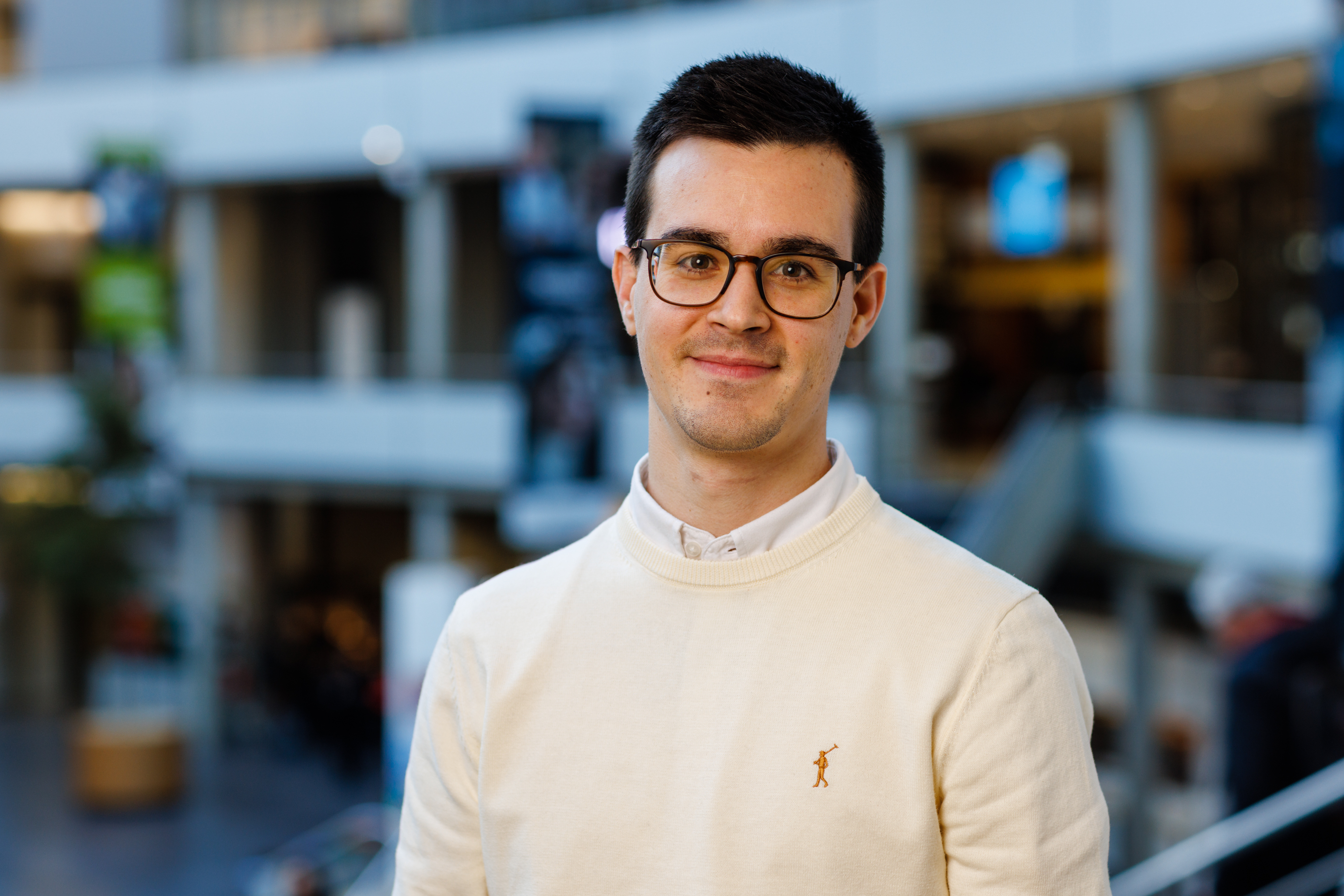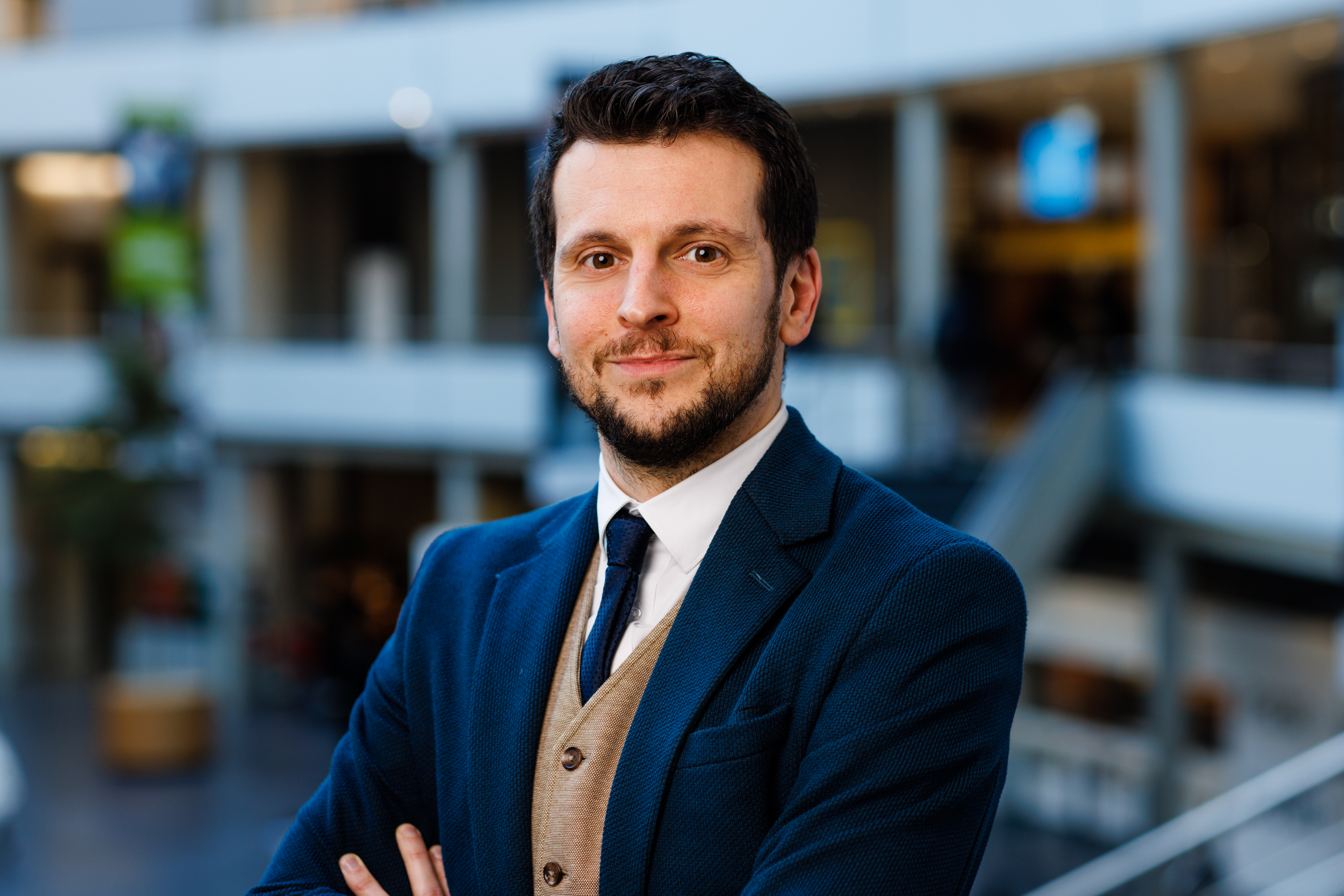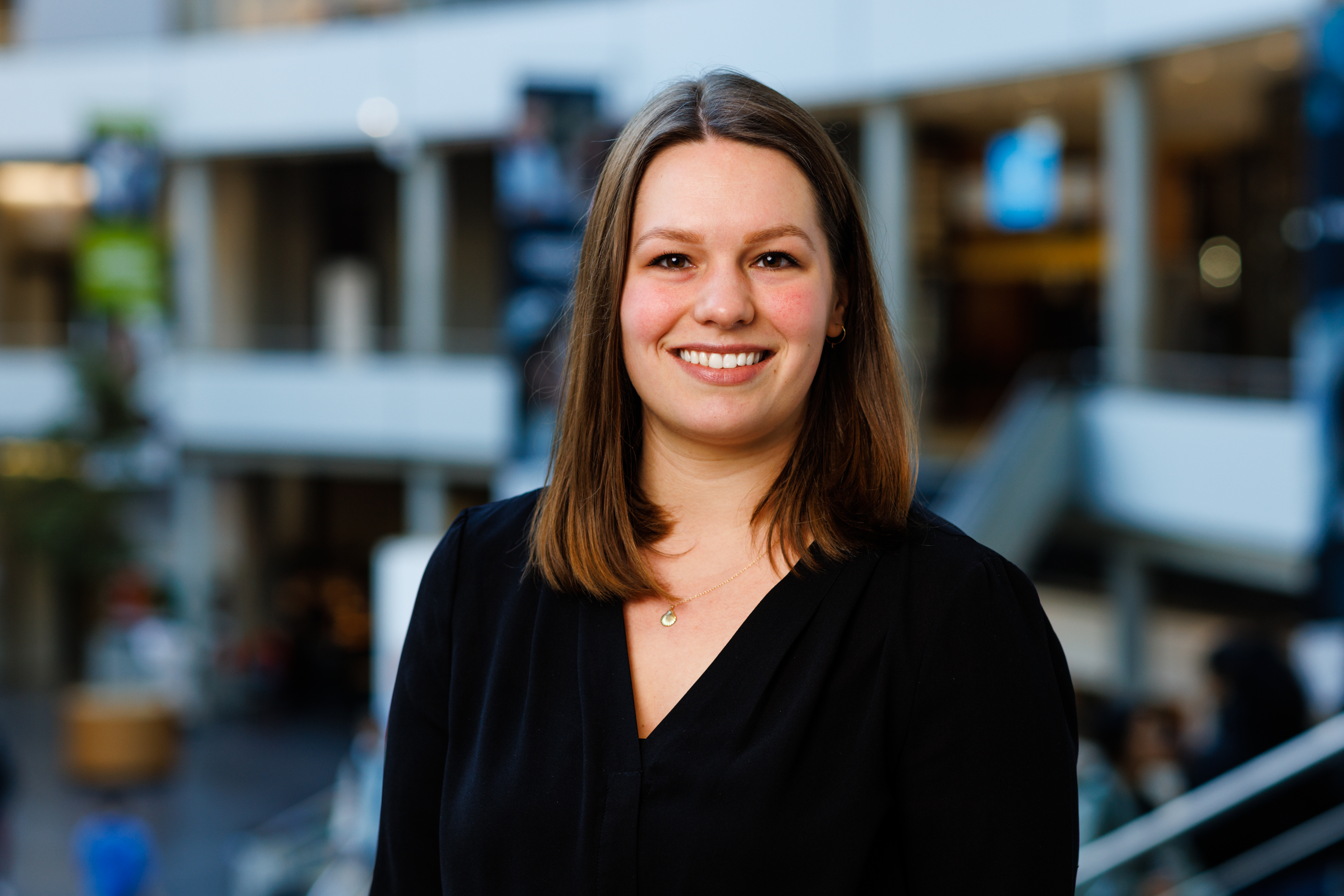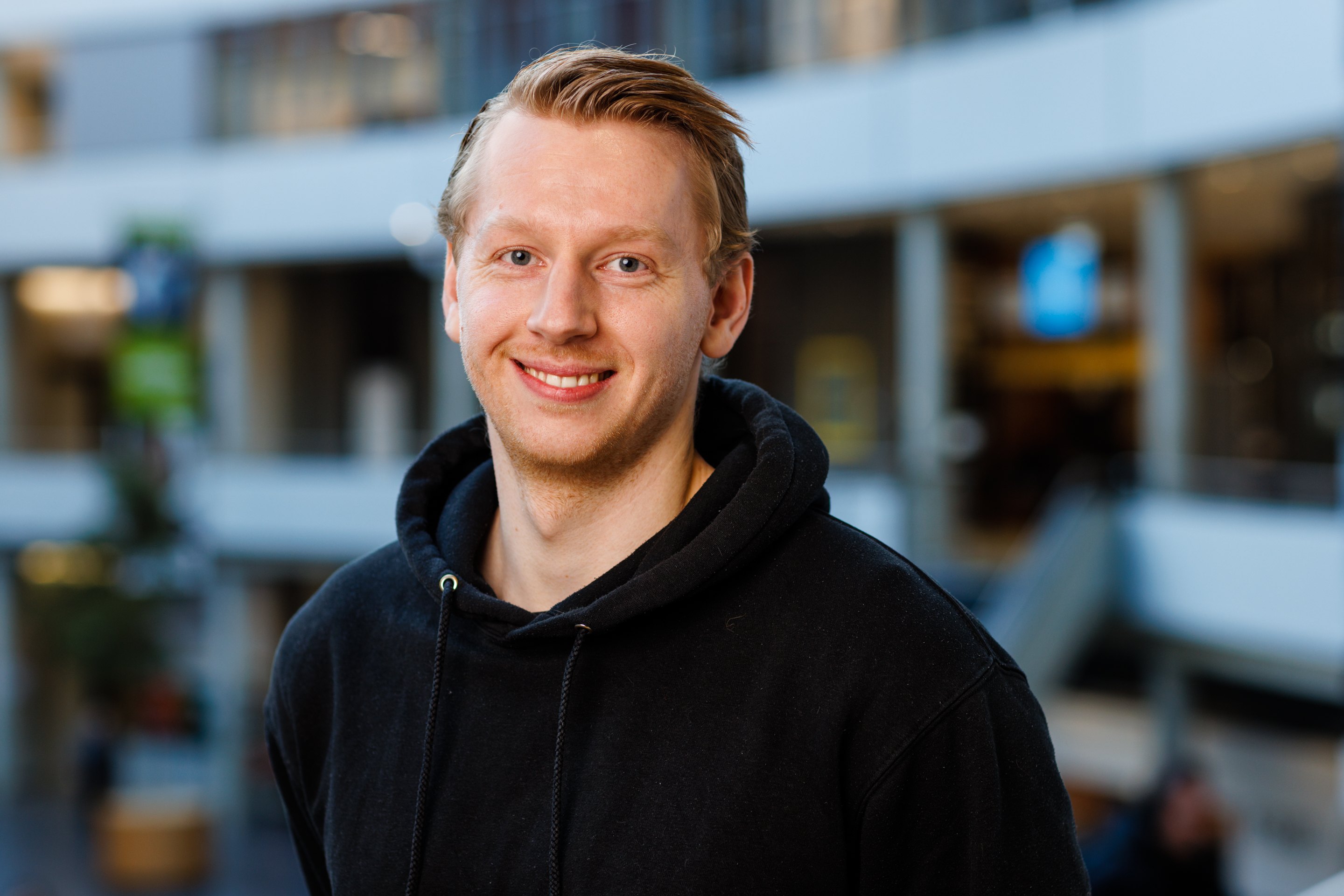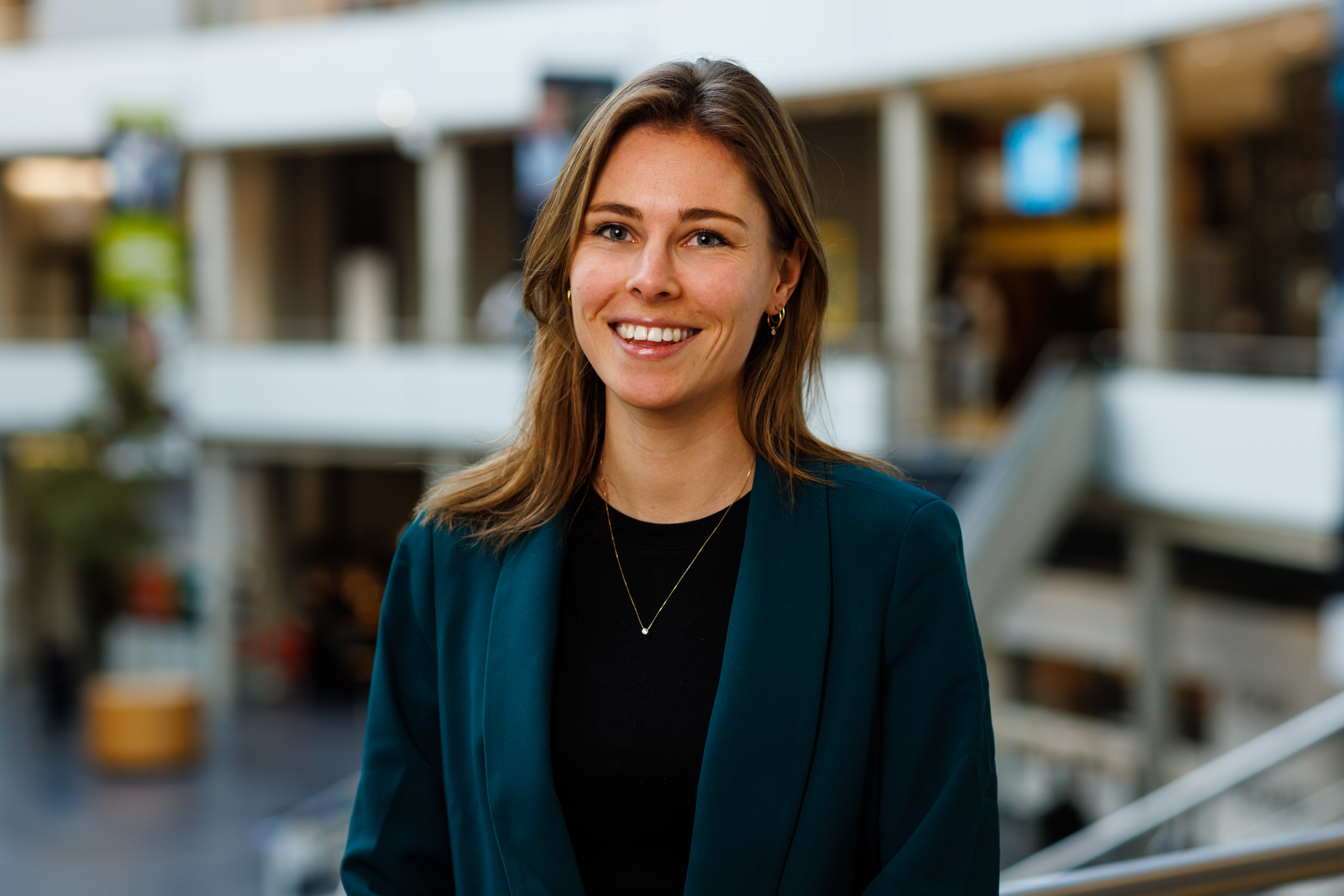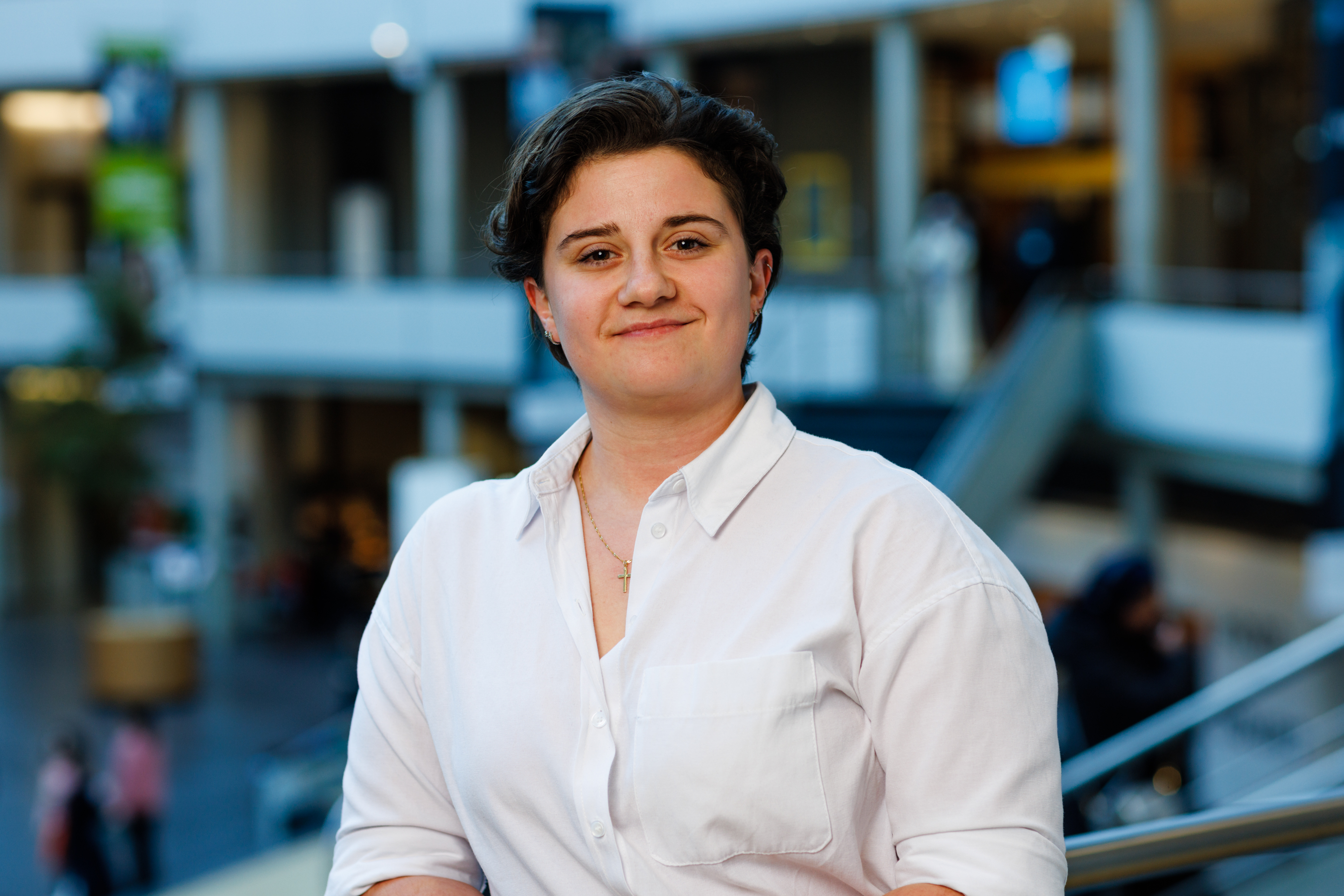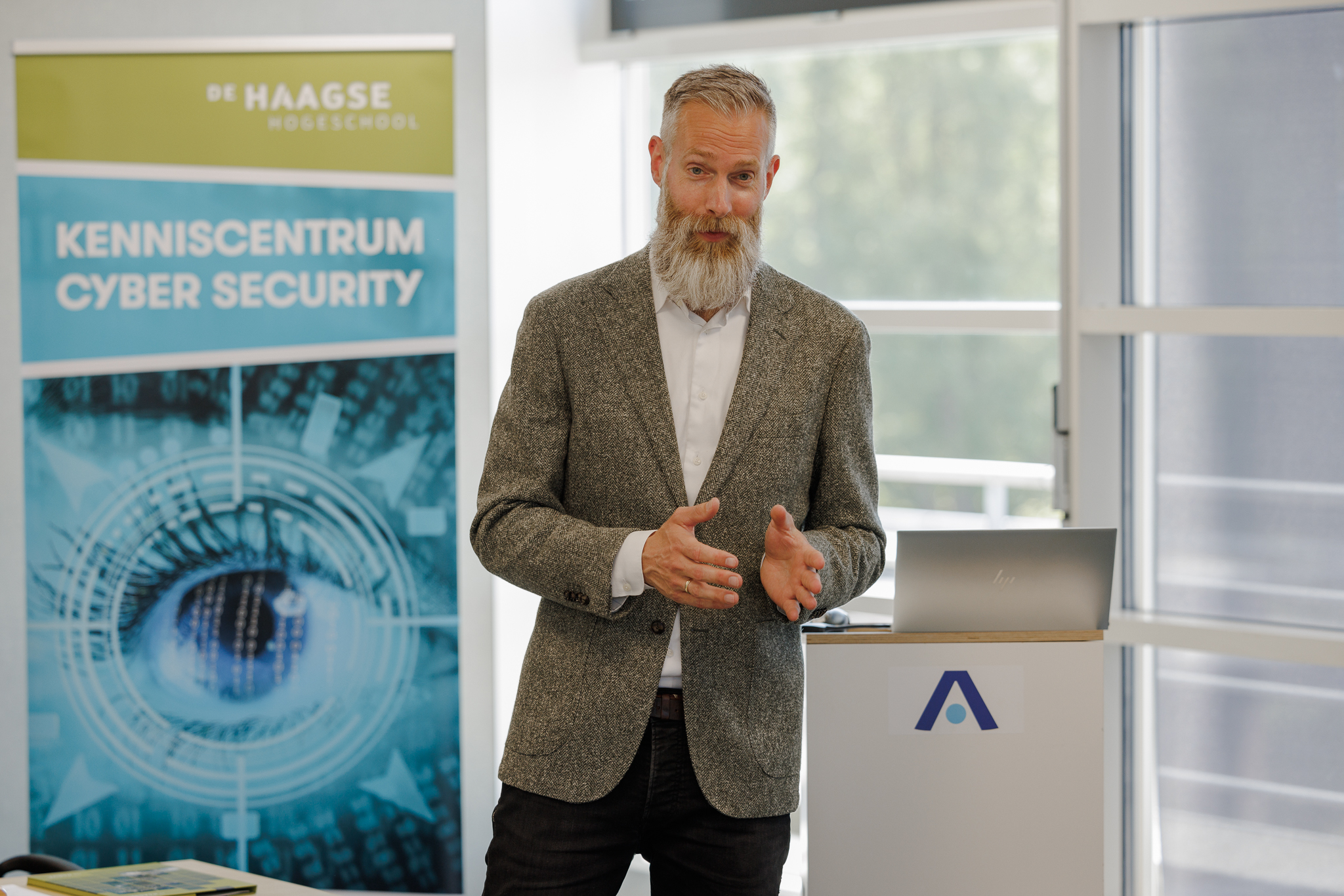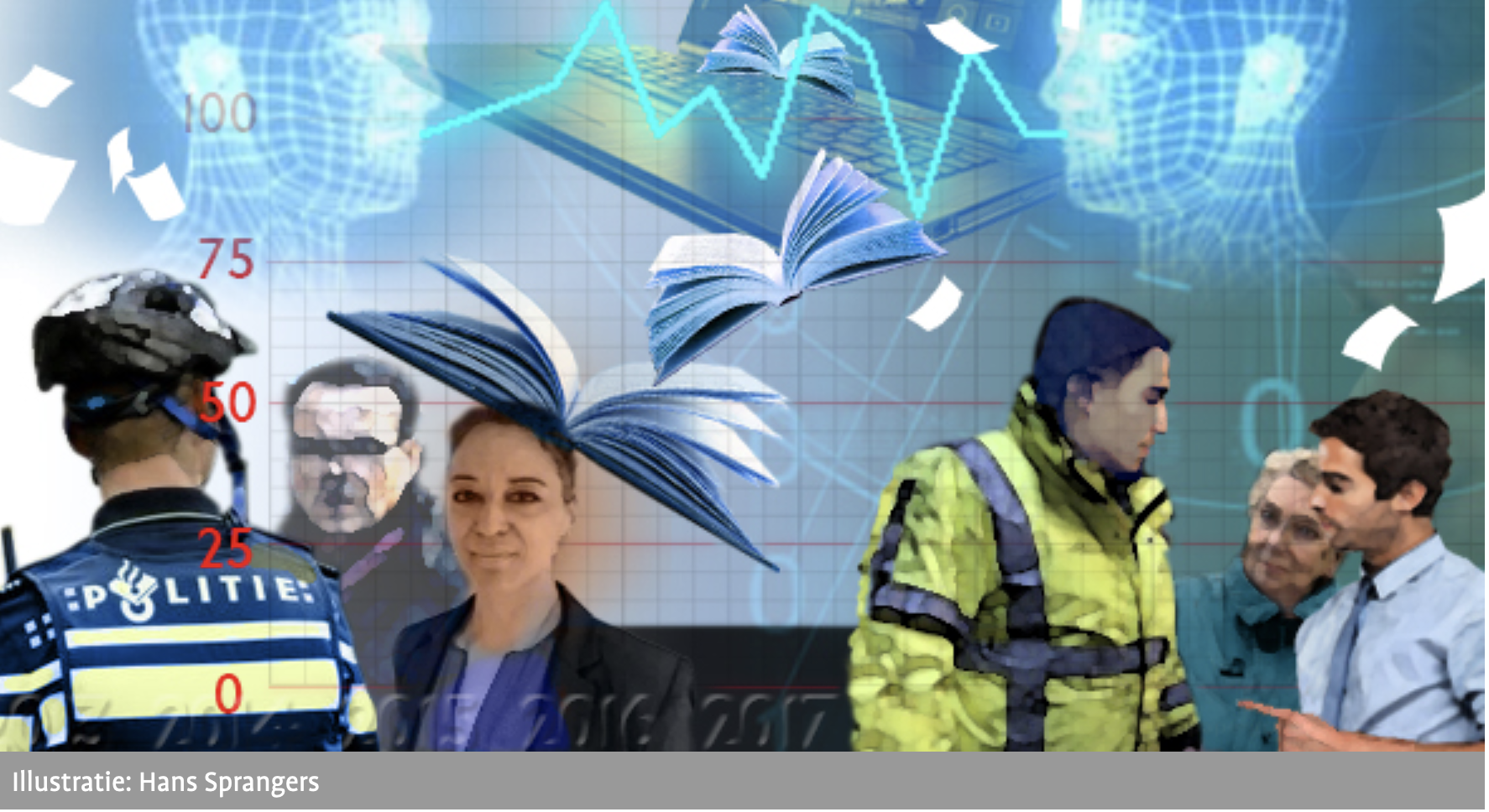Cybercrime & Cybersecurity

Introduction
Cybercrime is an acute and increasingly common problem. Combatting it requires fundamental scientific research, but also applied practical research.
The research group Cybercrime & Cybersecurity is committed to applying practical means to help SMEs, (local) governments and public organizations in the Netherlands become more digitally safe and aware with the support of evidence-based high-quality research.
About the research group
SMEs, (local) governments and public organisations often lack the capacity to defend themselves against cyber-attacks and therefore fall victim to these relatively often. The Cybercrime and Cybersecurity research group (known as ‘Cybersecurity in SMEs’ until December 2021) is focused on increasing knowledge of cybercrime and cybersecurity within SMEs, government bodies and public organisations to reduce the number of victims and the impact of cyber-attacks. The research activities, under the leadership of Dr. Rutger Leukfeldt, target the following research areas: 1) the nature and scope of victimisation, 2) the nature of cyber criminality, 3) cyber resilience, and 4) the approach.
SMEs, (local) governments and public organisations are eager for useful knowledge, which is affirmed by Mkb-Nederland and VNO-NCW. This encouraged the NSCR and The Hague University of Applied Sciences to set up the joint practice-based research programme Cybercrime & Cybersecurity. Dr. Rutger Leukfeldt is the common link between the two organisations. He is a professor at THUAS and has been appointed as senior researcher and coordinator of the cybercrime cluster at the NSCR.
The research group’s complete research agenda is available here.
Name change of research group - previously ‘Cybersecurity in SMEs’
As of January 2022, the research group will continue under the new name ‘Cybercrime & Cybersecurity’ as the previous name ‘Cybersecurity in SMEs’ no longer encompasses the current research programme. Together with our partners we believe that the social relevance of the research areas will remain evident in the coming years: there is a growing need to develop practical knowledge about cybercrime and cybersecurity. This need for knowledge is not only experienced by SMEs but also by (local) governments and public organisations. The research group is also part of the Cybersecurity Centre of Expertise and other research groups within the centre of expertise will also focus on this target group of (local) government and SMEs. The joint research group focuses on three pillars: people, organisation and technology. Unlike the other research groups and research organisations of our knowledge partners, the research group ‘Cybercrime & Cybersecurity’ has unique expertise on the human factors of cybersecurity and cybercrime.

About the professor
dr. Rutger Leukfeldt
Rutger is the lector Cybercrime & Cybersecurity at The Hague University of Applied Sciences and senior researcher of cybercrime and coordinator of the cybercrime cluster at The Netherlands Institute for the Study of Crime and Law Enforcement (NSCR). He has more than 10 years of experience with scientific research into cybersecurity and cybercrime for both public and private clients. A few examples are research into the methods used and the characteristics of cyber criminals, into the victims of cybercrime among citizens and into the status of cybercrime cases in the criminal law system. Rutger earned his PhD with a study into the origin and growth processes, as well as criminal possibilities of cybercrime networks, and developed a model for the police and banks that can be used to more effectively combat cyber attacks. Rutger has also been the recipient of two prestigious research grants to conduct research into cybercrime. In 2015, he earned the Marie Curie Individual Fellowship (EU subsidy for promising researchers) and, in 2017, a Veni Grant (Netherlands Initiative for Education Research subsidy for talented researchers). Finally, Rutger is chairman of the Cybercrime Working Group of the European Society of Criminology.
+31 (0)6 - 46 61 01 44
e.r.leukfeldt@hhs.nl
Building a community of SMEs, local authorities, cyber security companies, researchers and students with whom we can conduct experiments and research in the field of cyber security is of great importance.

